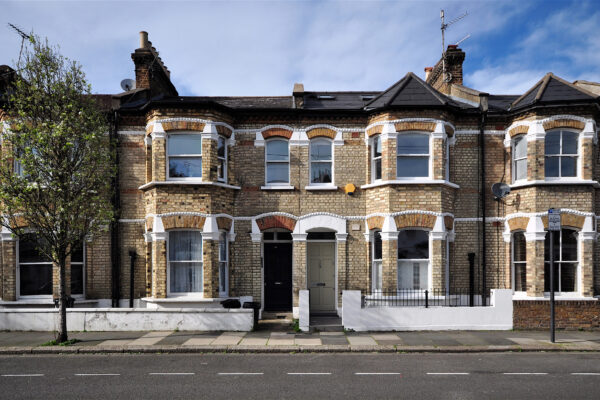Buy tickets now
Francia Properties Limited v Aristou & Ors (County Court)

Summary
The court, in considering whether the existence of an RTM company precluded the landlord from developing retained property (in this case the roof of the building) held that it did not so preclude development provided that appropriate undertakings were given by the landlord in relation to disturbance caused by the development.
Facts
The case concerned a block of eight flats, the freehold owner of which was the Claimant. The right to manage the block had been acquired by an RTM company in 2014. The landlord wished to develop the roof of the building to create another flat. The leaseholders and the RTM objected.
Issues
The court considered a number of issues, including whether the Claimant was entitled under the terms of the leases to carry out the development and whether the development would be a breach of the covenant for quiet enjoyment or derogation from grant. However, the important issue for estate management purposes was whether the construction of the new flat would unlawfully interfere with the management functions exercisable by the RTM.
Under s.97 of the Commonhold and Leasehold Reform Act 2002, if the lessees have exercised their right to manage the block, the freeholder is effectively excluded from management functions and is unable to do anything that the RTM is required or empowered to do. However, many of the landlord’s property rights are retained, including the right to collect ground rent and enfranchisement premiums.
In this case, the RTM was obliged to keep the roof in repair, but the landlord proposed to remove the roof to build the new flat.
First instance
The court had regard to documents and papers that foreshadowed the 2002 Act, including the Commonhold and Leasehold Reform Bill and Consultation Paper. This document made it clear that the legislature intended that the legitimate interests of the landlord in the property should be safeguarded.
Further, the RTM itself was not permitted to construct new dwellings, and therefore the landlord was not proposing to do something that the RTM was required or empowered to do. Whilst the RTM’s management functions would be affected during the construction of the new flat, any disruption could be dealt with by appropriate undertakings.
Importantly, the judge considered Article 1 Protocol 1 of the European Convention on Human Rights, and held that it was possible that there would be cases where the landlord’s interest would suffer a considerable diminution in value if the interpretation of s.97 of the 2002 Act proposed by counsel for the RTM was adopted by the court. In some cases the financial impact on the landlord might be large, and potentially disproportionate. The court was required to read the 2002 legislation in a manner that was compatible with the convention.
Accordingly, the judge held that the appointment of an RTM did not, of itself, prevent the Claimant from building the new flat on the roof.
Decision on appeal
Permission to appeal to the Court of Appeal has been granted.
Comment
This case is important because there is no known decided case on the issue. It is obviously important for there to be a clear allocation of responsibilities between landlord and RTM company where the Right to Manage has been exercised. The matter will now be decided by the Court of Appeal.
This content is provided free of charge for information purposes only. It does not constitute legal advice and should not be relied on as such. No responsibility for the accuracy and/or correctness of the information and commentary set out in the article, or for any consequences of relying on it, is assumed or accepted by any member of Tanfield or by Tanfield as a whole.







